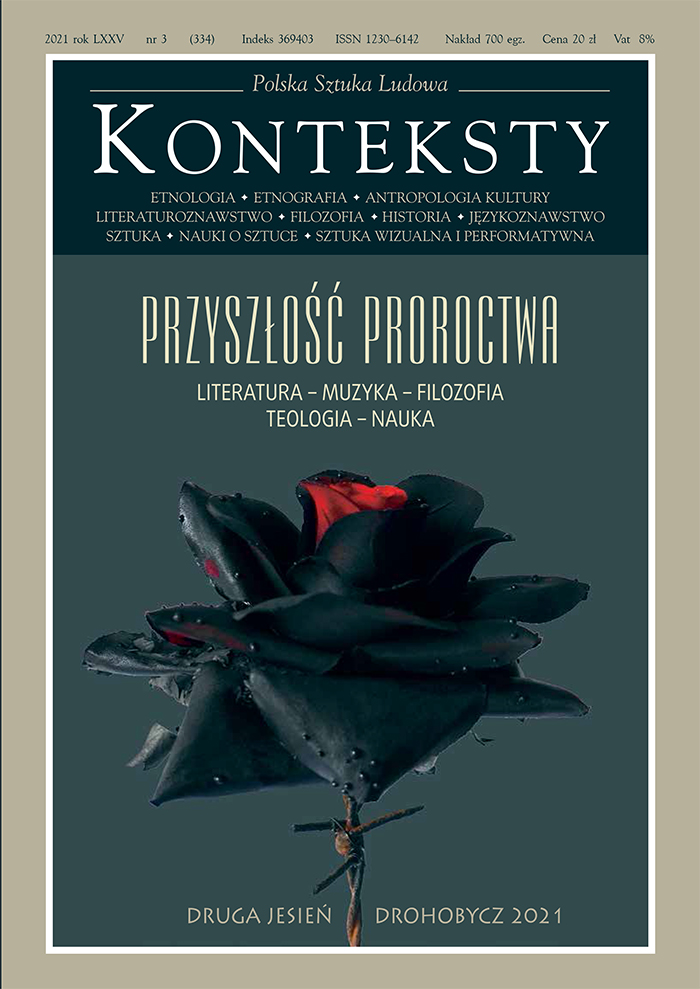Świat bez augurów
World without Augurs
Author(s): Aleksander NawareckiSubject(s): History, Philosophy, Theology and Religion
Published by: Instytut Sztuki Polskiej Akademii Nauk
Keywords: anthrpology;prophecy;
Summary/Abstract: It is difficult to understand the almost total disappearance of this ancient and all-mighty institution flourishing w Cilicia, Pisidia, and Pamphylia, and subsequently in Greece, where the majority of outstanding philosophers (including Pythagoras, Plato, Socrates, Zenon, or Democritus) was composed of augurs. In the Celtic world their role was performed by druids, but the most significant for European culture was Rome, where this office was held not only by such sages as Cicero, the greatest authority in this domain (author of the treatise De divinatione), but even by emperors, and the dispute concerning the number and composition of the council of augurs and their relations with the consuls comprises an epic, a gigantic power game. No event of importance (such as a declaration of war) could take place without an inaugury, i.e. the intervention of the augurs. In Rome, which according to its myth was founded and laid out by augurs (Remus and Romulus), their auspices held the highest rank. Furthermore, they were firmly embedded in the rational structure of administering the empire and numerous institutions, such as the monetary system (augurian symbols were often etched on coins). It must be added, however, that Roman auspices were not sensu stricto divinatory since they did not foretell the future but solely confirmed, rejected, or suspended the established law and decisions passed by the Senate or the emperor. This state of things lasted until 391, when upon the basis of an edict issued by Emperor Theodosius all pagan cults were forbidden. From that time the augurate disappeared almost totally and remembrance gradually faded.
Journal: Konteksty
- Issue Year: 334/2021
- Issue No: 3
- Page Range: 103-108
- Page Count: 6
- Language: Polish
- Content File-PDF

